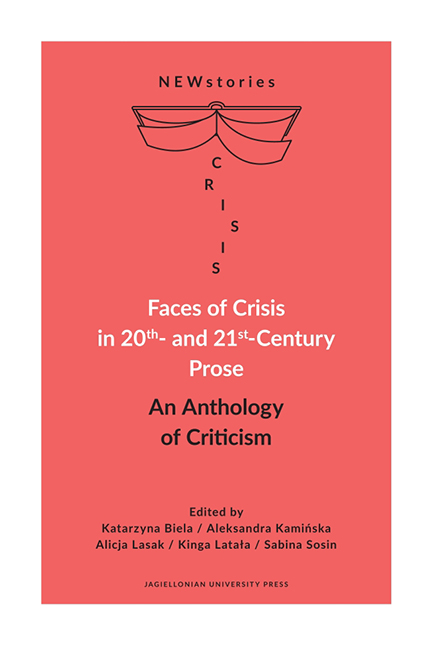Crisis of Humanity. Various Faces of the Other in the Novel Do Androids Dream of Electric Sheep? by Philip K. Dick
Published online by Cambridge University Press: 16 July 2022
Summary
Abstract: The essay discusses the crisis of humanity in Do Androids Dream of Electric Sheep? by Philip K. Dick. It examines elements of the world presented in the novel, symbolising this crisis, such as devastated Earth, artificial animals, and androids. Subsequently, it addresses the question concerning what makes us human, which is implied in the very title of the book. The Voight-Kampff Test is described, as well as its role in the novel and the way in which it establishes the difference between humans and nonhumans. A very important point in the essay is the description of the main protagonist, Rick Deckard, and the analysis of his view on the world around him. Therefore his moral dilemmas concerning androids are examined and situated within the larger framework of the period succeeding the human.
Introduction
Every culture and every period in history have their own characteristic ways of portraying the other and a different attitude toward otherness. The other has a tendency to appear when the crisis of various values occurs, to embody fears of the particular epoch. In this work, the main focus is on the most prominent icons of otherness: the monster, especially in connection with the crisis of humanity, as represented in Philip K. Dick's novel Do Androids Dream of Electric Sheep?
The Figure of the Monster as the Other
The other can be defined, according to Zygmunt Bauman, as someone (or something) that does not “fit the cognitive, moral, or aesthetic map of the world” and “by [its] presence [makes] obscure what ought to be transparent” (1997: 18). The figure of the other may be perceived as something known and unknown at the same time or as something that should be familiar but is perceived as something unfamiliar. This statement corresponds with Sigmund Freud's definition of the “uncanny”. Freud claims that the “uncanny” does not simply mean something terrifying. According to Freud, the feel of terror is connected to the fact that the “uncanny” was “once very familiar” but has “become … frightening” (1925: 220). Therefore, the other can embody ontological uncertainty, especially in the event of identity crisis.
- Type
- Chapter
- Information
- Faces of Crisis in 20th- and 21st-Century ProseAn Anthology of Criticism, pp. 141 - 152Publisher: Jagiellonian University PressPrint publication year: 2020



